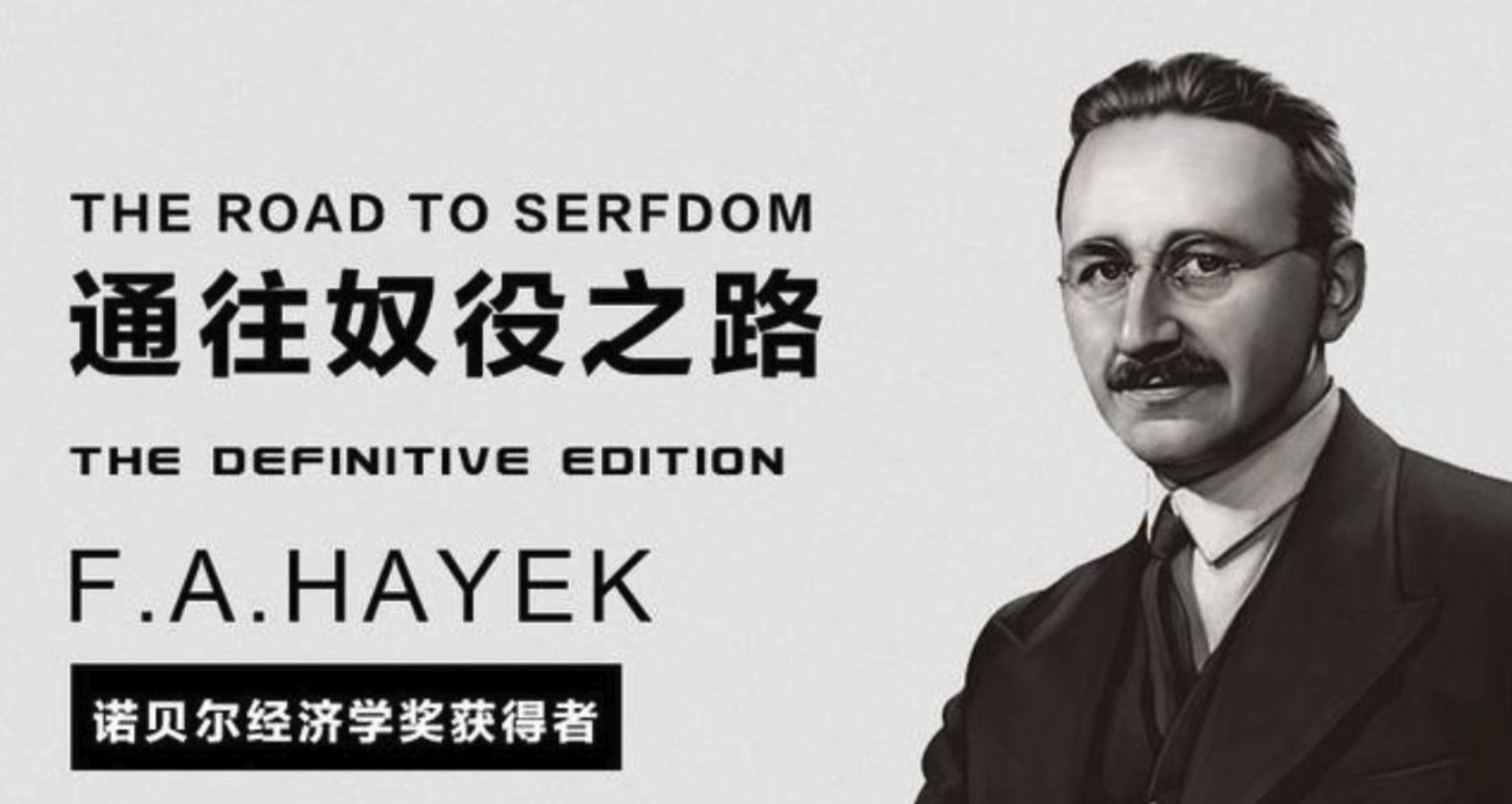哈耶克之《The Road to Serfdom》译本选择

两年前,我曾翻过中国社会科学出版社出版的《通往奴役之路》,译者为王明毅、冯兴元,据说是商务印书馆外译组主任、副主任。然而,我必须坦白地说,翻译的质量实在太次。对于那些有兴趣阅读这本书但还未开始的朋友,我的建议是速速远离该译本。
我的首要推荐是阅读英文原版《The Road to Serfdom》,其次是利用AI技术提供的中英双语翻译版本(这要感谢互联网和科技进步),再次推荐殷海光的译本《到奴役之路》。
殷海光译本有诸多优点,例如,殷海光对自由的深刻理解与哈耶克的内容相得益彰;又如,书中穿插着他的标记「此处要紧要紧」以提醒读者该处为重点内容。但我们也不能忽略该译本的缺陷,那就是殷海光是带着立场去解读的,难免会有所偏颇,以及,他对章节进行了精简,甚至后续「不太相关」的几章都没翻译。若想进一步了解殷海光,可移步阅读《殷海光林毓生书信录》。
这本书的背景是,在第一次世界大战、俄国十月革命、世界经济大萧条、第二次世界大战等一系列重大事件之后,许多国家的政党和团体开始质疑当时的政治经济模式,社会主义思潮随之兴起,许多人认为社会主义是未来的发展方向。在这样的背景下,哈耶克站出来高呼,这样的道路,无异于通往奴役之路。
当然,书中所指的社会主义,其定义与当下的社会主义不完全相同,这是需要注意的地方,不能简单地将两者等同。然而,在阅读当中,我们难免时不时被其中的推论触动——这些不是我们经历过的吗?甚至,这些不正是我们正在经历的吗?这是值得我们深思和玩味的地方。